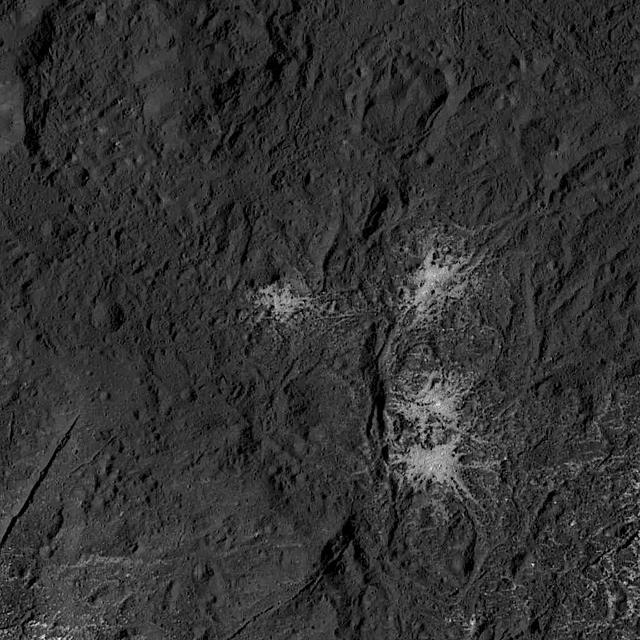 The quote titling this post - "Anxiety and sleep problems may be an early indicator of autism in young children" - comes from the findings reported by Jacqueline Uren and colleagues [1]. Researchers dipped into data derived from the Raine study initiative to investigate any "longitudinal associations between sleep and anxiety at 2 years and sleep and anxiety at 8 years controlling for demographic variables" and also "the additional influence of autistic traits at 2 years on sleep problems and anxiety at 8 years."
The quote titling this post - "Anxiety and sleep problems may be an early indicator of autism in young children" - comes from the findings reported by Jacqueline Uren and colleagues [1]. Researchers dipped into data derived from the Raine study initiative to investigate any "longitudinal associations between sleep and anxiety at 2 years and sleep and anxiety at 8 years controlling for demographic variables" and also "the additional influence of autistic traits at 2 years on sleep problems and anxiety at 8 years."The Raine study has produced fodder for this blog before (see here and see here for examples). Described as "one of the largest successful prospective cohorts of pregnancy, childhood, adolescence and now early adulthood to be carried out anywhere in the world", the sample size is not to be sniffed at (~2900 pregnant women). It has provided a number of important longitudinal *associations* of interest. Mention of the name Andrew Whitehouse on the paper authorship is also kinda expected given his interest in autism-related data derived from the Raine study in particular.
So: "Children's sleep and anxiety at 2 and 8 years and autistic traits at 2 years were measured using the Child Behavior Checklist." The data was crunched to assess for any possible associations. And associations there were, as we are told that: "Sleep problems at 2 years and 8 years, anxiety at 2 years, and autistic traits at 2 years were significantly associated with anxiety at 8 years." Further: "Sleep problems at 2 years and anxiety at 8 years were significantly related to sleep problems at 8 years." Such statements also led to that headline observing that anxiety and sleep issues *may* be an early indicator of childhood autism (with a stress on the *may*).
Of particular interest to me was the suggestion that "early autistic traits may also contribute to anxiety problems later in childhood." I say this because I am becoming more and more interested in how anxiety may be something much more 'core' to autism than many have hitherto believed (see here). Yes, there are those that might disagree (see here); perhaps using the 'social model' pathway and the notion that society shoulders a lot of responsibility for things like anxiety and depression in the context of autism (see here) as evidence for some 'acquired anxiety' effect. But the data is becoming compelling to suggest that for some 'types' of autism at least, anxiety may represent something of a core feature (in line with some previous thoughts on this matter [2]) and is present pretty early on for many. And in this respect, the way that one manages something like anxiety in the context of autism, may very much depend on looking at 'managing' certain other core autistic features...
----------
[1] Uren J. et al. Sleep problems and anxiety from 2 to 8 years and the influence of autistic traits: a longitudinal study. Eur Child Adolesc Psychiatry. 2019 Jan 19.
[2] Evans B. How autism became autism. Hist Human Sci. 2013 Jul; 26(3): 3–31.
----------
No comments:
Post a Comment
Note: only a member of this blog may post a comment.